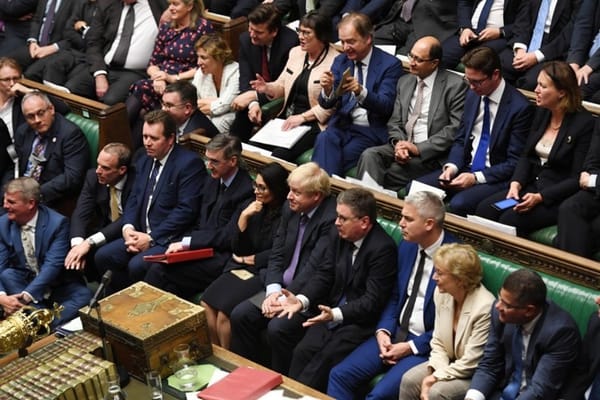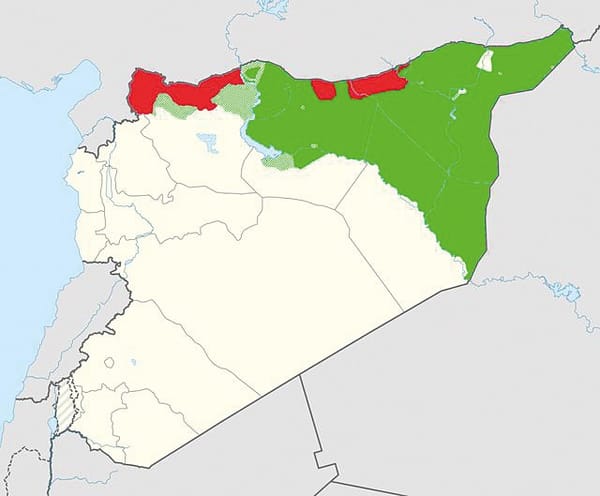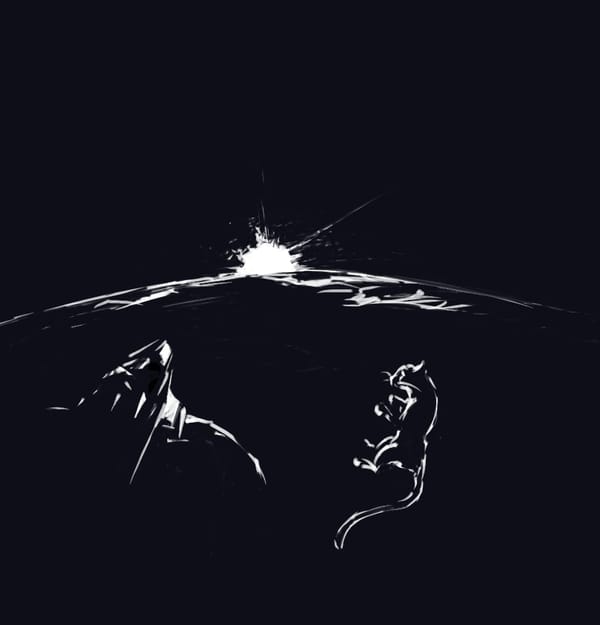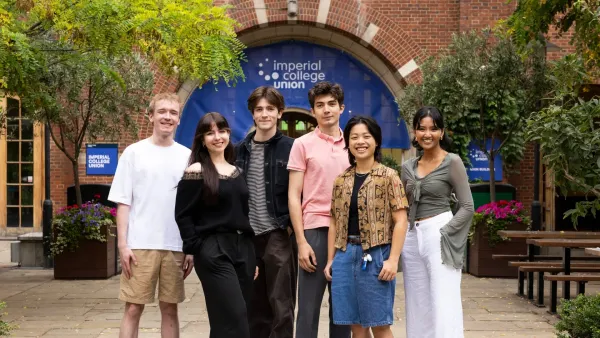The Quest for Supremacy in the Indian Ocean and its Victims: the Chagos Islands
A small archipelago in the Indian Ocean, theatre of decades long injustice, could prove fundamental for the power balance in the region

In the last few weeks the news cycle has been fixated on protests around the world, from Catalonia, to Chile and Hong Kong, to climate change and to Ecuador. All of these are processes which deal with the lives of countless people. These movements tend to make one reflect on the influence of the masses on the government, if not by managing to push change through, at least by showing their displeasure, sometimes through violence. Entire philosophical thoughts are founded on the analysis of such influence, focusing for example on the creation of the social contract, as Hobbes and Rousseau did. But this is not what this article will deal with; this is the story of what happens when the people are deprived of their rights because they are simply not enough strong to make themselves heard. It is, as often has been, David versus Goliath.
The year was 1965, the United Kingdom was about to relinquish its sovereignty over Mauritius, an insular state in the Indian Ocean located not too far from Madagascar. Proper independence for Mauritians would follow three years later, but in that fatidic year Harold Wilson’s governments implemented the separation between the island of Mauritius itself and an archipelago located halfway between the main island and India, the Chagos Islands. France had administered the dependency of the archipelago to Mauritius in the mid 18th Century when they claimed the territory, and they have belonged to the same colonial entity ever since. During the Napoleonic Wats, the UK captured Mauritius from France, thus also gaining sovereignty over the archipelago. But the winds had begun to change for the UK after the Second World War and the sun was finally setting on the British Empire, although preserving as much influence as possible was certainly in its interest. The Chagos Archipelago, scarcely populated and located in a key strategical position, would certainly fit this purpose. Thus, in 1968 the British Government began to forcibly relocate the two thousand inhabitants to Mauritius, to create space for the establishment of an American military base on the newly created British Indian Ocean Territory. A document from 1966 by Foreign Office’s senior advisor Denis Greenhill refers to the islanders as “some few Tarzans and Men Fridays” in a sad reference to Edgar Rice Burrough’s and Daniel Defoe’s masterpieces respectively.
After being constrained to leave their homes, the Chagossians were at least granted in 2002 the right to British Citizenship, allowing many of them and their descendants to move to Britain, founding a conspicuous community in Crawley, West Sussex. There, some have recently denounced the existence of a hostile environment in a period in which the Windrush scandal is still firm in the memory of most.
In 2017, the International Court of Justice was called to evaluate whether splitting the archipelago from Mauritius was lawful and what the legal consequences and obligations are that the United Kingdom has to undertake due to its continuous control of the islands. To that matter, the Court answered in February that the UK is under obligation to end its administration of the islands as soon as possible, deeming it unlawful. In an ensuing vote at the UN General Assembly about the issue, the UK and the US experienced a crushing defeat 116-6, with many traditional allies either abstaining or voting in favour of the complete decolonisation of the area. Even Pope Francis asked for its return to Mauritius, whose Prime Minister, Pravind Jugnauth, defined the Chagossians’ removal as “akin to a crime against humanity”. Meanwhile, in September, it was revealed that a secretive visit had taken place to the islands, the first formal one by MPs, two Conservatives and one Labour member. This was regarded by some as an expression of Britain’s intention to reassert its claim over the territory.
The UK will certainly not surrender the Chagos Islands because of a mere non-binding UN resolution, bringing to mind an issue other than post-colonialism that should be considered: the Islands’ strategical importance. The American base currently, and possibly even more so in the future, plays a significant role in the fight for supremacy in Asia between the US and China. One possible scenario if Britain hands back the islands to Mauritius, is that they could be leased by Mauritian authorithies to China instead, inverting the power balance in the Indian Ocean. The bitter irony would be that by repairing a damage to the principles of self-determination and basic civil rights, these western powers could actually be doing a favour to a country which systematically disrespects them on much larger scale. Therefore, whilst the confrontation in the Orient grows in intensity, so does the grief of those deprived of their ancestral soil, and this is why it is not the last we will hear of the name Chagos.







